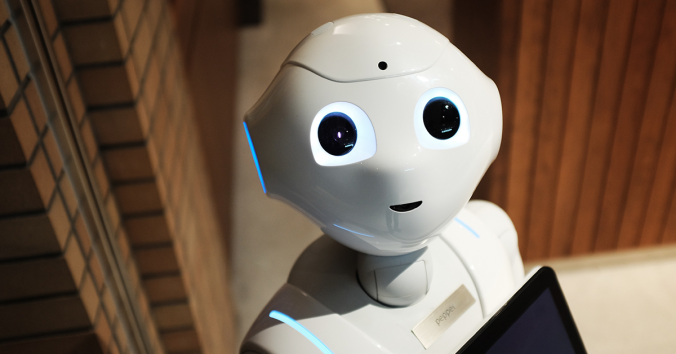An article in the journal Big Data & Society criticizes the form of ethics that has come to dominate research and innovation in artificial intelligence (AI). The authors question the same “framework interpretation” of ethics that you could read about on the Ethics Blog last week. However, with one disquieting difference. Rather than functioning as a fence that can set the necessary boundaries for development, the framework risks being used as ethics washing by AI companies that want to avoid legal regulation. By referring to ethical self-regulation – beautiful declarations of principles, values and guidelines – one hopes to be able to avoid legal regulation, which could set important limits for AI.
The problem with AI ethics as “soft ethics legislation” is not just that it can be used to avoid necessary legal regulation of the area. The problem is above all, according to the SIENNA researchers who wrote the article, that a “law conception of ethics” does not help us to think clearly about new situations. What we need, they argue, is an ethics that constantly renews our ability to see the new. This is because AI is constantly confronting us with new situations: new uses of robots, new opportunities for governments and companies to monitor people, new forms of dependence on technology, new risks of discrimination, and many other challenges that we may not easily anticipate.
The authors emphasize that such eye-opening AI ethics requires close collaboration with the social sciences. That, of course, is true. Personally, I want to emphasize that an ethics that renews our ability to see the new must also be philosophical in the deepest sense of the word. To see the new and unexpected, you cannot rest comfortably in your professional competence, with its established methods, theories and concepts. You have to question your own disciplinary framework. You have to think for yourself.
Read the article, which has already attracted well-deserved attention.

Written by…
Pär Segerdahl, Associate Professor at the Centre for Research Ethics & Bioethics and editor of the Ethics Blog.
Anaïs Rességuier, Rowena Rodrigues. 2020. AI ethics should not remain toothless! A call to bring back the teeth of ethics. Big Data & Society
We like critical thinking


